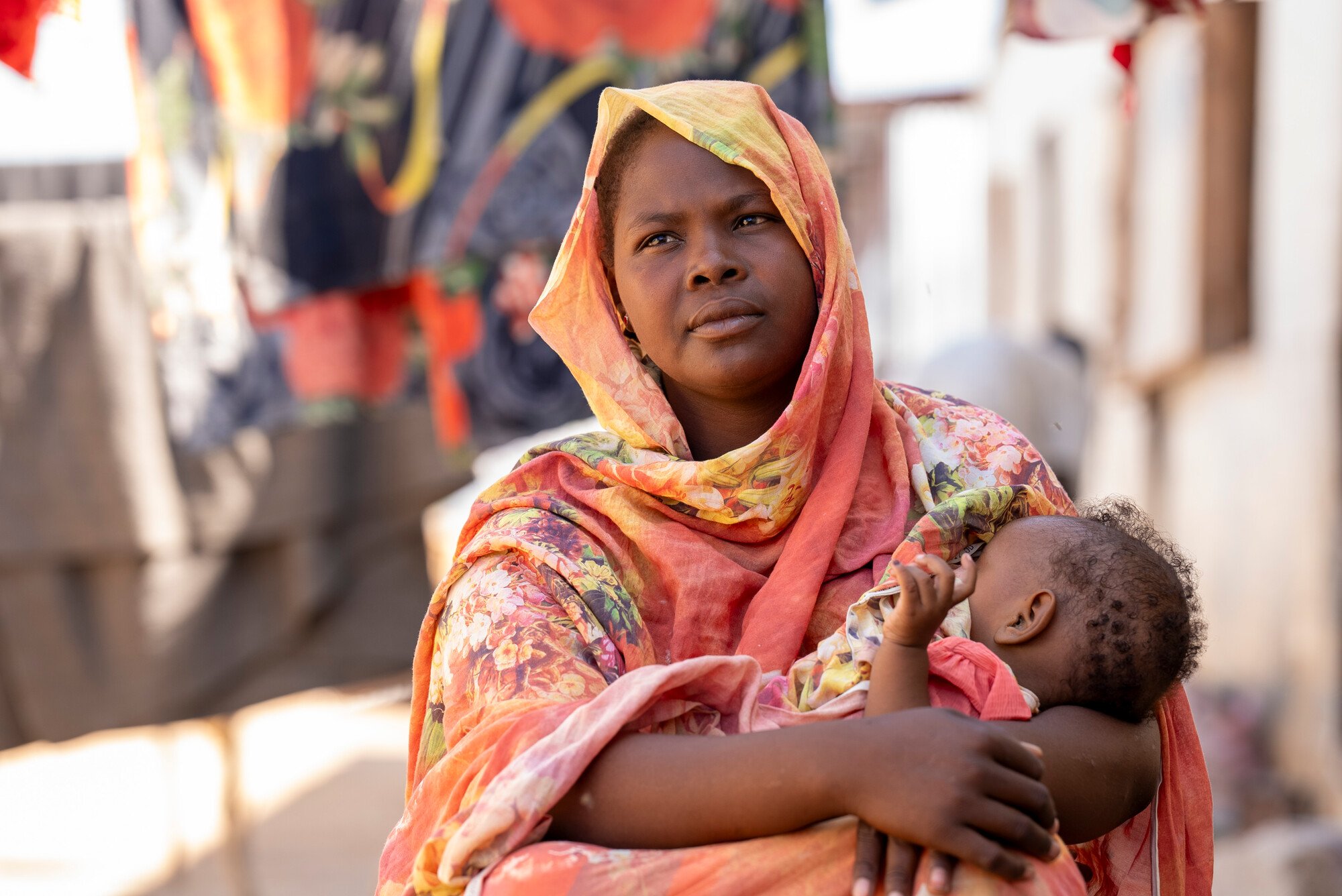Soccer mania was sweeping the globe. It was, after all, the height of the 2006 World Cup. But for the gang of lean boys darting for the ball on the grassless playing field at the Moyale Primary School, their game at that particular moment held far more significance than the face-off between France and Italy.
For them, the fact that they were playing soccer together at all was what counted.
A few short years ago, school boys in Moyale—a southern Ethiopian border town where bursts of violence plague the region—would never have joined a game that teamed children from one ethnic group with those from another. The Gabra, the Borena, the Guji, the Gari—they just didn't get along.
But with assistance from Oxfam America, that dynamic has begun to change. The agency helped to plant the seed of peace at the Moyale Primary School, and its roots are now spreading throughout the district.
Through a series of three grants, Oxfam helped the Moyale Primary School, which now serves 3,000 students in grades one through eight, construct three new classroom buildings and equip them with materials, including books and computers. In conjunction with that, school officials launched a massive public education campaign, targeting parents in particular.
The message? Ethnic conflicts coupled with cultural expectations about the limited role of girls had caused enrollment in the school to plummet. A divided administrative system, with different ethnic groups aligned with each of the two divisions, had also left the school severely short of funds. The end result meant a generation of students was at risk of not being able to get the education that is so vital to their future success.
The solution? Improve the school facilities with the understanding that the buildings—and the opportunities they represent—belong to all the students and their families, regardless of their ethnicity. The school would also serve as a place for conflict resolution.
The parents embraced the idea.
"They are beside us today," said Tsegaye Desta, who recently became the coordinator of the school system after serving as the principal of the Moyale Primary School during its transition. "Before the coming of Oxfam America, the enrollment of students was very low. Now it's very high."
Working and playing together
Work has helped pull the families together around a common cause. About 25 percent of the new construction on the school grounds has been carried out by community members, including students and their teachers.
"When they do it together, they build not only construction, they build peace," said Desta. "When there is peace and unity, it is possible to do a lot."
A small tree nursery inside the school compound has also served as a place for students to get to know each other.
"They forget about conflict. When they work in the nursery, they discuss things as friends would," added Desta.
With those new friends kicking up clouds of dust on the soccer field behind him, 15-year-old Tegalu Sale, took a break from the game to describe how things have changed since Oxfam began helping the school.
"Before the construction, there was no sitting place and not enough books," he said, sweat beading on his forehead. "We ran to the class to get a bench. The others did it too. Then, things happened."
And now?
"The conflict is minimized—and that's why we're here exercizing together," Sale said.
Besides the new construction, which has allowed class sizes to drop from as high as 120 students down to 50, the school has incorporated discussions about peace-building into its curriculum.
Teacher Aschelew Mokinnin doesn't have to look far for material for his students.
"Mostly we take the surrounding problems as an example, and the solutions—they're always discussing (those) face to face," said Mokinnin.
"There is great improvement," added Mulu Seba, an eighth-grade teacher. "The students' interaction is very nice. It's positive."
And that bodes well for students like Sale: His dreams stand a good chance of becoming true. "In the future, after I complete school, I will help myself and my family," he said. "I'd like to be a teacher or a master of a school."



